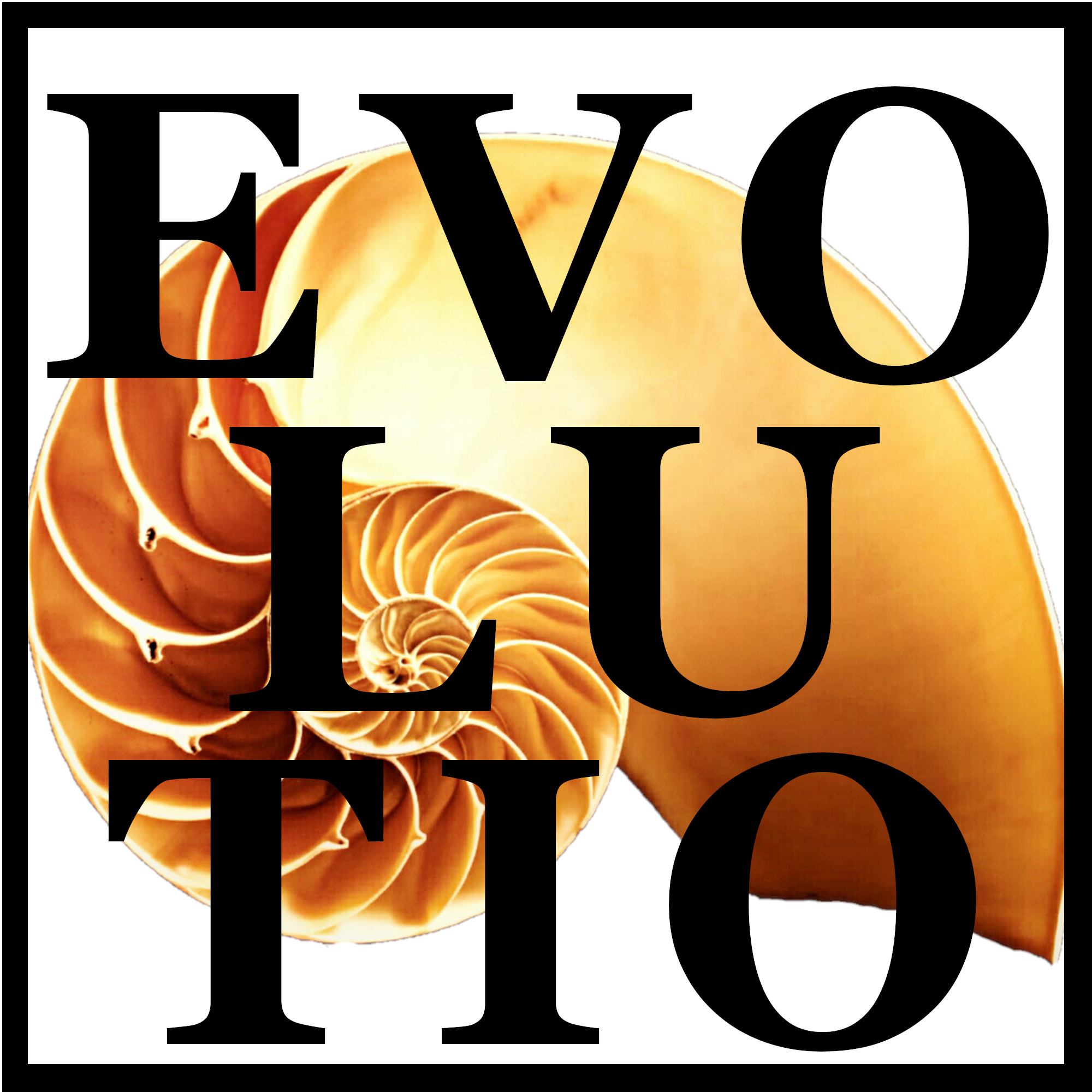
The Future of Science: Breaking Free from the Academic Power Machine
Is modern science truly free, objective, and creative—or has it become a rigid system of control and obedience? Discover how institutional gatekeeping, political favoritism, and bureaucratic pressures have turned the pursuit of truth into a game of survival. This is more than a critique—it’s a call to reimagine science itself.

1. The Myth of Scientific Freedom
We’re taught to believe that science is a realm of freedom, creativity, and truth-seeking.
A place where brilliant minds collaborate to uncover the mysteries of the universe, guided only by reason and evidence.
But that dream no longer reflects the reality.
2. The Factory Model of Science
Modern scientific institutions adopted the very same organizational model as 19th-century industrial production: the Taylorist factory system.
Centralized. Hierarchical. Hyper-specialized. Bureaucratically optimized.
What the factory once did for material goods, academia now does for knowledge: it standardizes, fragments, and systematizes everything—until the result is no longer discovery, but output.
In this factory, scientists don’t explore. They execute.
Their tasks are predefined by grants, institutions, agendas—a choreography of constraints dressed as freedom.
The currency is not insight, but publication count.
Instead of explorers, we have workers. Instead of freedom, metrics.
And like any industrial process, efficiency and obedience are rewarded.
Creativity? Disruption? They threaten the chain of command.
3. Life Inside the Scientific-Industrial Complex
In this model, scientists don’t explore questions freely. They execute predefined tasks—much like factory workers along an assembly line.
Their productivity is measured not in insight, but in publication output.
The goal isn’t truth. It’s production. The reward isn’t understanding. It’s compliance.
This system demands efficiency, loyalty, and reproducibility—not curiosity, wonder, or radical ideas.
New paradigms? They slow the machine. So they’re filtered out.
The academic machine produces publications like an assembly line produces bolts.
What matters is speed, volume, and conformity—not truth.
And the system maintains the illusion of meritocracy through performance, not principle.
At the top of this scientific-industrial complex is a select elite: those who control funding, institutional visibility, and academic legitimacy.
This is not a meritocracy. Promotions and grants are rarely awarded to the boldest minds.
They go to the most obedient. The most strategically aligned.
The ones who play the game well—not the ones who question the rules.
Favoritism replaces fairness. Political alignment replaces intellectual courage.
Career advancement becomes less about discovery—and more about diplomacy.
In this world, critical thinking is tolerated only within predefined boundaries.
Intellectual courage is punished. And the brave are exiled.
Meanwhile, those who obey are promoted.
They co-author, they network, they secure chairs—not for thinking bravely, but for thinking safely.
Yet those who submit are rewarded—not for insight, but for compliance.
The result? A generation of researchers trained to conform, not to question.
To adapt, not to unfold.
To survive, not to lead.
4. The Crisis is Existential
This isn’t just a bureaucratic issue. It’s a moral one.
Because this system doesn’t merely govern ideas—it governs lives.
The same committee that denies your funding holds power over your employment, your future, your ability to continue.
You don’t just lose research time.
You lose the right to imagine freely.
Science, in its current form, is no longer the pursuit of truth.
It’s a theater of prestige.
A factory of obedience.
A game of survival.
To stay afloat, scientists must publish incessantly—regardless of whether their work is meaningful.
They must cite the right people, say the right things, attend the right conferences, avoid taboo subjects, and remain ideologically “safe”.
The crisis in science is not just bureaucratic.
It’s existential.
When knowledge becomes a product, and institutions prioritize control over truth, science becomes hollow.
It loses its soul.
And humanity loses one of its most powerful tools for understanding the world.
We are here to reclaim that soul.
5. The Birth of EVOLUTIO
We founded EVOLUTIO to break away from the academic-industrial complex.
To build a research center outside the system—free from institutional gatekeeping, corporate funding, and political maneuvering.
A place where ideas are not filtered through power but allowed to unfold from within.
EVOLUTIO is more than a research initiative.
It is a scientific declaration of independence.
We reject the industrial model of fragmented labor, forced consensus, and institutional hierarchy.
We believe:
That science can serve life, not capital.
That cooperation and equality are not barriers to research—they are conditions for it.
That ideas should unfold organically, not be imposed from above.
That scientific freedom is not a luxury—it’s a necessity.
At EVOLUTIO, we are creating a living science: holistic, integrative, transdisciplinary, and open.
One that welcomes those who have been excluded, silenced, or labeled heretics—not in spite of their ideas, but because of them.
Because the real crisis is not just in the results.
It is in the model itself.
And models can change.
6. The Need for Rupture
What if science didn’t need to be tethered to competition, hierarchy, and control?
What if it could be rooted in curiosity, creativity, and shared purpose?
What if the pursuit of truth could be guided not by status games, but by the freedom to explore life’s most profound questions?
Because if science is to have a future,
It must evolve.
And evolution begins with a rupture.
7. Join the Evolution of Science
👉 If this vision resonates with you, subscribe to our YouTube channel for more bold ideas that challenge the status quo: https://www.youtube.com/@evolutiocenter
✨ Become part of a growing community building the future of science—free from academic gatekeeping. Support us on Patreon: https://www.patreon.com/EVOLUTIO
☕ Or buy us a coffee on Ko-fi: https://ko-fi.com/EVOLUTIO
🧠 For deeper essays and reflections, join our newsletter to receive “The Unfolding” in your inbox:
🔗 Help us unfold a new vision of life, evolution, and consciousness.
Together, we can begin the evolution of science itself.
